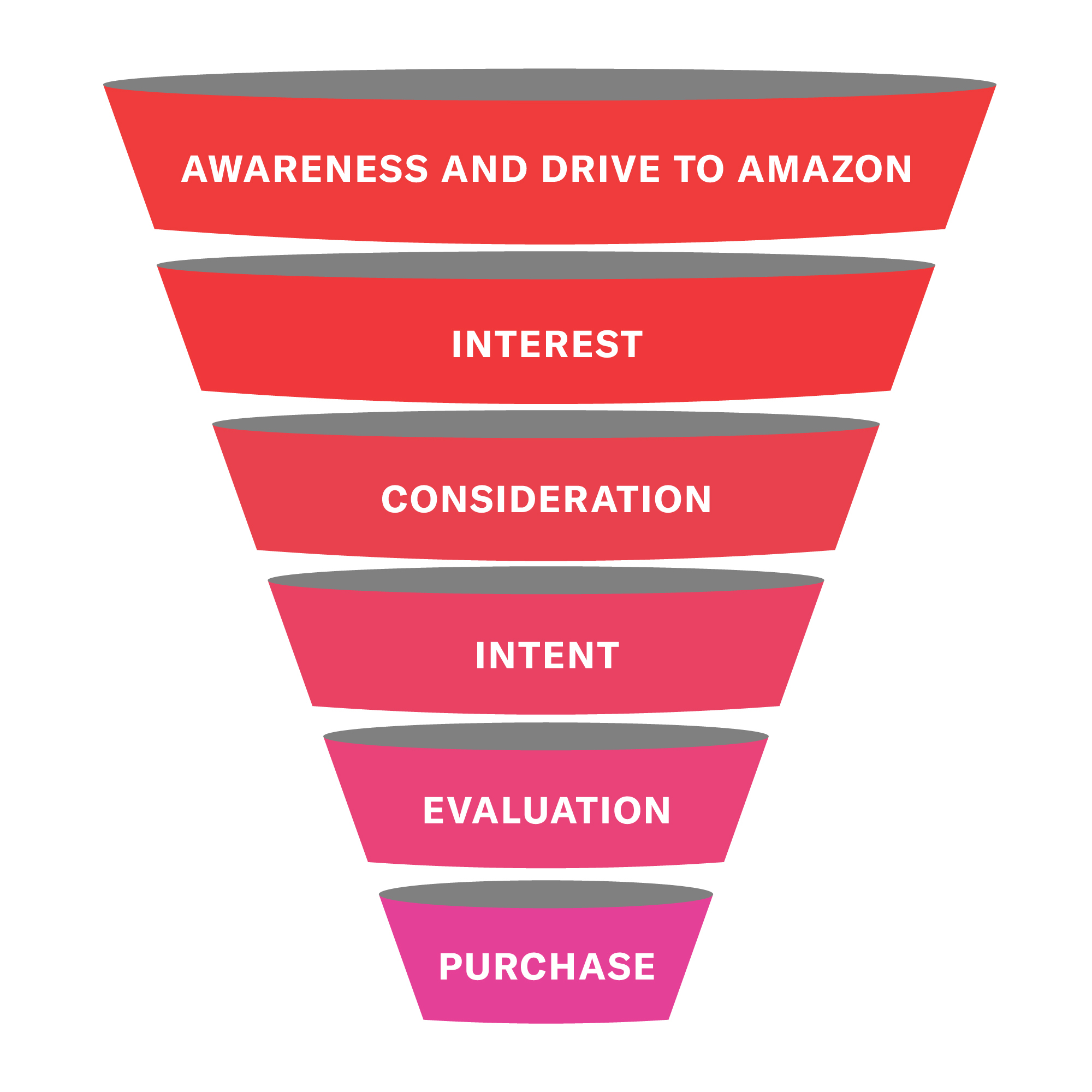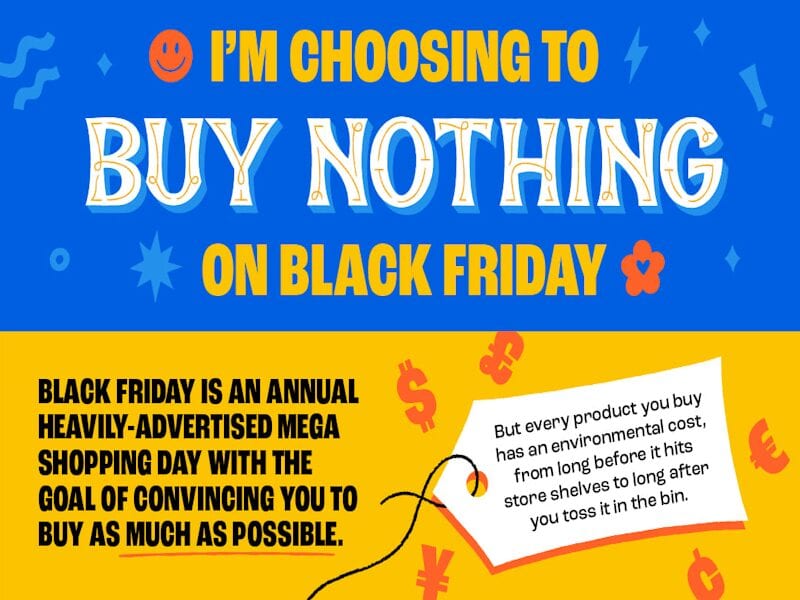
When did Cyber Monday begin? Cyber Monday is an e-commerce phenomenon which originated in the United States but has spread to other countries. Cyber Monday is a popular day for e-commerce frauds, although these sites aren't fake. We'll be discussing why Cyber Monday has become such a hugely popular holiday and what consumers can expect. Cyber Monday is also time-traveler-friendly, making it a great time to shop for a variety of products.
Cyber Monday is the largest e-commerce day ever
The overall traffic to e-commerce sites is increasing, but the most notable trend was the rise in mobile traffic. Mobile traffic made up almost half of all online traffic. The percentage of smart phones actually is lower than computers. According to Adobe estimates, 49% (or more) of Cyber Monday's online traffic will come from mobile devices. Even though this number is not large, it is indicative that smaller retailers are experiencing greater success.

It originated in the United States
Cyber Monday originated in the United States but is now being celebrated all over the world by e-commerce businesses. This phenomenon can be explained because people have more chances to purchase items online on Mondays than they do at work. This was a key feature in the early 21st Century, when the Internet was still an unreliable, ad-hoc medium of communication.
It is a worldwide phenomenon
Cyber Monday was originally born out of Thanksgiving weekend window shopping. It is celebrated today by consumers in 23 countries. Its popularity can be attributed to the widespread use and acceptance of high-speed Internet connections as well as online shopping. Cyber Monday was the first sale in New Zealand. It ran from Monday through Friday, November 29th 2010. To boost sales, more retailers are now joining the Cyber Monday party.
It is vulnerable to ecommerce frauds
While Cyber Monday is a wildly profitable shopping holiday, it is also ripe for e-commerce scams. Fraudsters make plans months in advance, planting sleeper accounts to circumvent age checks. They already have credit card numbers and personally identifiable data. These pieces of data are obtained from the dark Web or downloaded from the internet. They then use them to open fraudulent accounts and steal personal data.

It is not an American public holiday.
Cyber Monday is often called the first Monday after Thanksgiving. Cyber Monday is a day reserved for online retailers to offer discounts and deals. Cyber Monday is a day when many retailers start their sales and promotions online at lunchtime. Cyber Monday, which isn't a U.S. national holiday, is celebrated worldwide, including Canada and Germany.
FAQ
Do rewards and insider programmes worth signing up?
Although rewards can be great, they are not always worth the effort. When you do sign up to an online program, ensure there is value. You should know how much money and time you are spending on it.
You should not sign up for a rewards program just because you get a bonus. Sometimes these bonuses won't be worth the effort to apply for one.
Also, before joining a rewards program, ask yourself why you want to join. Many people join because their friends are doing the same thing. If you don't have an interest in the company's products and services, you won’t be able to stay with it for long enough to reap the rewards.
Is it possible to use gift certificates for online shopping?
Gift cards can be accepted by many online shops. You can use these cards to purchase products online.
However, you cannot use them to redeem reward points.
Why is it better to use credit when shopping online
Credit card companies offer a wide range of benefits, such as free shipping, cashback and rewards programs. Additionally, they provide fraud protection. You should choose them over debit cards because they don't charge any fees.
Customers who are unable to pay the balance on time also have flexibility with credit cards. You can also make purchases with credit cards without worrying about how much money remains in your account.
Statistics
- A report from the U.S. Census Bureau found that in the first quarter of 2022, an estimated $250 billion was spent on retail e-commerce sales.1 (thebalance.com)
- Your Online Purchases 79% of Americans purchased goods and services online in 2018, which is expected to exceed 90% in 2023. (meetfabric.com)
- Last Black Friday, I bought a stove from Lowes at 40% off, receiving 24 months of interest-free financing (from Lowe's). (meetfabric.com)
- The vast majority only change a password to protect privacy a few times a year (27 percent) or, more likely, never (35 percent). (pcmag.com)
External Links
How To
How to shop online securely
Online shopping is one way to get goods and services at a very convenient price. But, convenience comes with a cost. There are benefits, but also dangers to shopping online. Identity theft is the biggest threat. Identity theft is the most serious risk. Identity thieves will use your personal data (names, addresses, credit cards numbers) to steal your money or take out fraudulent loans. The thieves then sell the stolen information on black markets. If you want to stay safe while doing business online, here are some tips to keep in mind:
-
Secure websites. SSL encryption is free for most online stores. All information you enter on their website, including names, addresses, phone numbers and credit card details, is protected by SSL encryption so that only you can view it. It prevents anyone else from reading what you enter. Check that the certificate has been issued by a recognized CA before you decide which online store you want to do business. When you browse, look for the green padlock icon beside the URL bar.
-
Keep your password secret. When you sign up to a new account, an email will usually ask you to confirm your email address or username. These credentials should not be shared with anyone. Also, don't write them down anywhere because if someone steals your wallet, they could access your accounts too! Instead, store them on your computer. A good rule of thumb is to change your passwords once every three years.
-
Keep track your orders. Track your orders if you are sending items to others or yourself. Many people fall for the trap of thinking they have sent something to them, but in reality it was sent from another place. Before you send anything, always verify the tracking number. Never ship anything without receiving proof of delivery. If you aren't satisfied with the service rendered, please contact the company right away.
-
Make sure you know who your dealings with. Many websites ask you for sensitive information, including your full name, date and birth, Social Insurance Number, bank routing number, and social insurance number. They use these details to identify you so they should be cautious about what information they ask for. Google "what does the website need" if you aren't sure if it needs these details. There are many ways to find answers.
-
Beware of pop-up windows Pop-up windows can bombard you with offers and special deals from many sites. Some of these ads may seem legitimate, but others are designed to trick you into revealing private information. A fake antivirus program, for example, might ask you for your social insurance number and credit card number. To avoid being tricked, don't click any suspicious links.
-
Beware of Phishing Scams Phishing scams involve hackers pretending to be from reputable businesses in order for consumers to hand over their financial details. Phishers send emails that look like they're from retailers and banks. These emails encourage users to log-in to update their account information. The hacker can access your finances once you have given your personal information. Hackers can even empty out your bank accounts or transfer funds between different accounts. The following resources can help you identify phishing scams.
-
Do your homework. Before signing up for a deal, always read the fine print. The terms and conditions of any contract you agree to must be clear and easy to understand. It is important to carefully read the terms and conditions. To save money, avoid paying hidden fees.
-
Look around. Don't be afraid to shop around. Compare prices on many websites to find the best deal. If you order multiple items, make sure to compare shipping costs. Shipping costs vary depending on the website you use. It is worth paying extra for faster shipping.